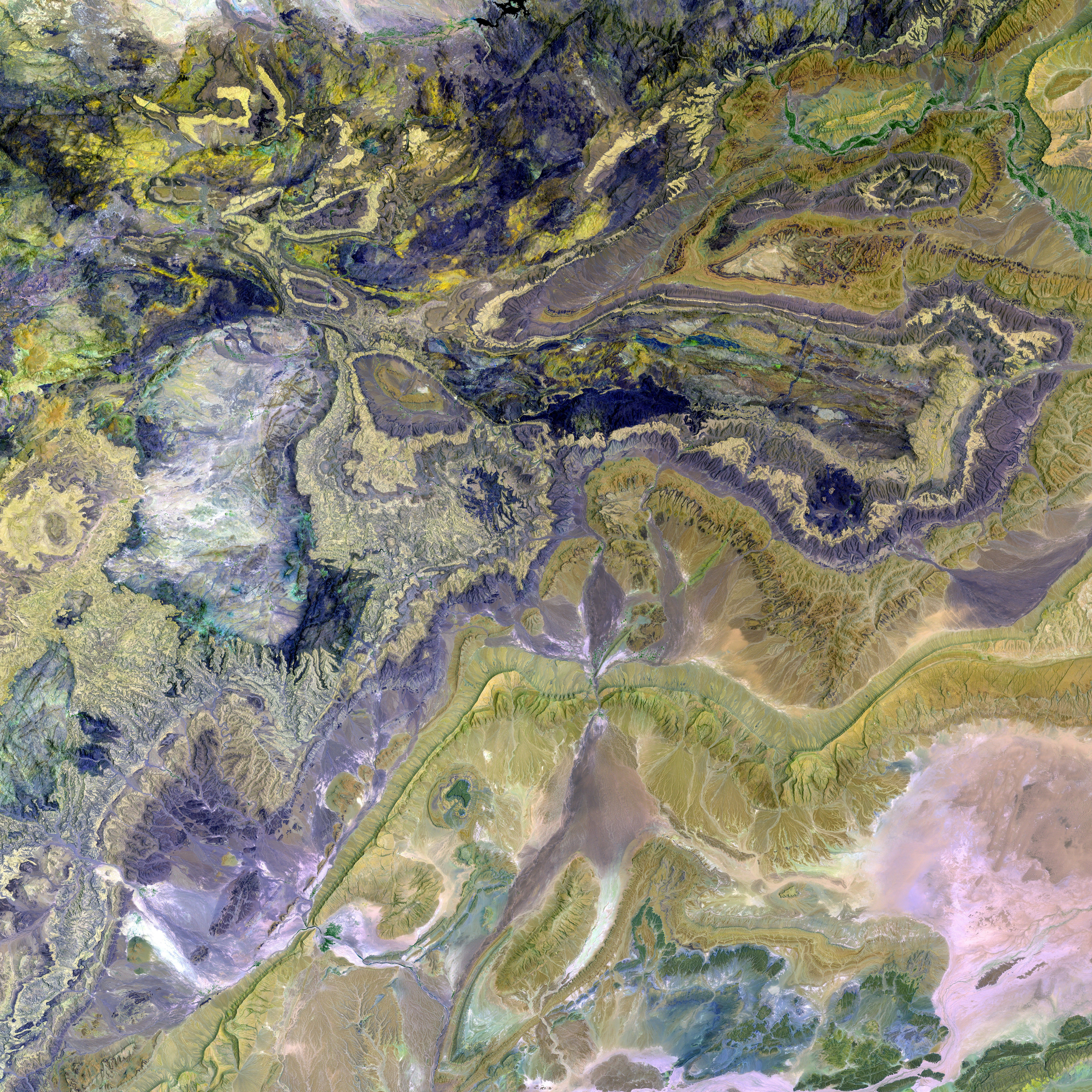International leader strongly criticizes Israeli actions, deemed as breaches of Syria's national autonomy
Fresh Take: Israel's Airstrikes on Syrian Territory: A Complicated Saga
After an eventful Friday, the international community is once again discussing the intricate politics of the Middle East, as Israel conducted airstrikes near the Syrian presidential palace. This provocative move, condemned by the United Nations and other global players, raises concerns about the stability of the region and the potential exploitation of delicate sectarian tensions.
Airstrikes and the Perplexing Context
Israel's latest foray into Syrian airspace was preceded by sectarian clashes between pro-government forces and the Druze minority, located near Damascus. The Israeli air force's intervention was deemed a warning to Syria's evolving leadership, which now includes Islamist groups like Hayat Tahrir al-Sham. However, the rationale behind this show of force remains clouded in uncertainty, fueling speculation and worry.
International Reactions: A Web of Responses
The UN Syria Commission has voiced apprehension over the escalating violence and Israeli airstrikes, emphasizing the potential threat they pose to Syria's precarious peace and social harmony. The Commission has urged all parties to cease hostilities and engage in dialogue instead. Additionally, Syria's presidency has criticized the airstrikes, characterizing them as a dangerous escalation against state institutions and sovereignty. To add to the diplomatic hoopla, Turkish fighter jets were spotted flying over the Syria-Turkey border, issuing warnings to Israeli aircraft - a clear indication of heightened tensions and the potential for further conflict.
The Complex Web of Local Involvements: The Case of the Druze
Israel has historically maintained a close connection with the Druze community in southern Syria, evident in the evacuation of wounded Druze by an Israeli Air Force helicopter to receive medical treatment in Israel. This complicates the conflict dynamics and underscores the role of external actors in the region.
In the midst of these allegations, one thing is certain - the Middle East remains a theater of complex politics, sectarian tensions, and external interventions. The international community will be closely monitoring the situation, anticipating the repercussions of such actions and the potential for further instability in the region.
- The official statement from the United Nations (UN) strongly condemns Israel's attack on Syrian territory, expressing concerns over the potential impact on the region's stability.
- Various non-governmental organizations (NGOs) specializing in war-and-conflicts and human rights have reported an increase in tension in the Middle East, following Israel's recent airstrikes on Syrian territory.
- The Israeli government has yet to release an official report explaining the motives behind its airstrikes near the Syrian presidential palace, fueling speculation among analysts who follow news and politics.
- The latest news from the region indicates that there is a general sense of uncertainty regarding Israel's role in the ongoing conflict in Syria, as relations between Israel and groups like Hayat Tahrir al-Sham continue to evolve.
- The president of Israel has not made any official public statement regarding the country's airstrikes on Syrian territory, leaving many questions unanswered about the nation's position in the ongoing conflict.
- Syrian government officials have reportedly accused Israel of striking Syria illegally, undermining its sovereignty and threatening regional peace.
- International peacekeepers and diplomats remain at the ready, preparing resolutions that could help de-escalate tensions between Israel and Syria, while also addressing sectarian issues within Syria itself.
- In the aftermath of the airstrikes, several media outlets have reported heightened tensions between Israeli and Turkish forces along their shared border, potentially leading to further war-and-conflicts in the turbulent region.
- As the international community watches closely, various news agencies and political analysts predict long-lasting implications if the current state of conflict and instability in the Middle East continues to escalate, leading to further violations of human rights and a prolonged state of violence.






